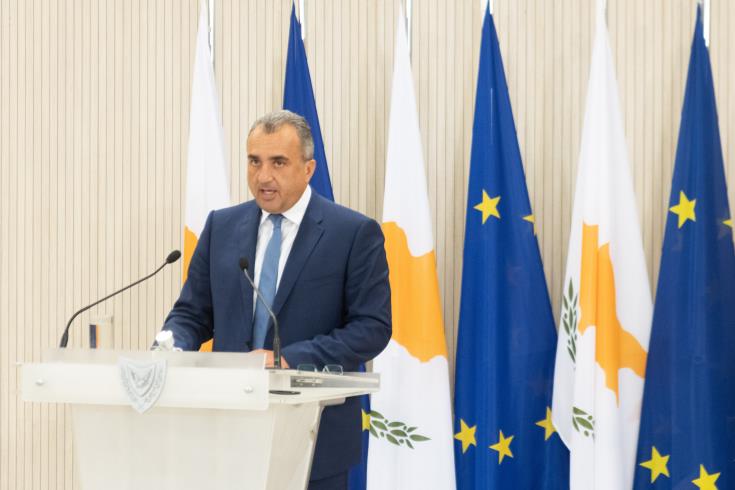Encouraged by a decrease in COVID-19 patients in hospitals, the government decided to relax measures, including a ban on unvaccinated people, prohibiting them from social events.
After two months, unvaccinated people will be allowed entry to hospitality venues and social events such as weddings, christenings, hospitality, and sports venues.
The relaxations come into effect on Monday.
The unvaccinated were excluded from social events on 15 December due to the government’s decision to tighten measures against fast-spreading Omicron.
Despite causing milder disease, the high transmissibility of the variant pushed cases past 5,000 a day, while hospitalisations, mainly brought on by the Delta variant, reached close to 300.
“We have been through a difficult period, as strict measures had to be taken to ensure public health, keep the economy afloat, and our schools open.
“We succeeded thanks to everyone’s contribution,” said Health Minister Michalis Hadjipantelas.
Hadjipantelas said the government can now proceed with relaxations as “a stabilisation of epidemiological indicators and a significant reduction in the pressure on the health system, allows us to be more optimistic on the course of the pandemic”.
From 21 February, the unvaccinated will now be allowed back into restaurants cafes upon presentation of a 24-hour negative test.
People who have not taken a coronavirus vaccine can also attend weddings, baptisms, visit stadiums, theatres and cinemas.
Since 15 December, entry to the above was only allowed for people who had a booster shot or were double vaccinated.
Vaccinated people without a booster shot could get into hospitality venues by presenting a 48-hour negative rapid test.
The minister did not announce any changes involving people who have not had a booster shot.
The number of people allowed at weddings, christenings, or restaurants, increases from 200 to 250.
A maximum of twelve people will be allowed to be seated at the same table, up from eight
The government also decided to ease restrictions on nightclubs, allowing for dancing.
A ceiling on the number of people allowed at once during a house visit is increased from 10 to 20.
Regarding workplaces, the percentage of people required to work from home will be reduced from 50% to 25%.
Meanwhile, a test to stay policy, implemented in schools and the army, for close contacts to undergo testing for seven consecutive days instead of self-isolating, is to be extended to the entire public service and teachers.
It will also be introduced to kindergartens, with the implementation date announced after consultations with parents and teacher unions.
All children at kindergartens over the age of four will also undergo weekly tests.
Employees at daycare facilities for vulnerable groups, transitional homeless hostels, daycare centres and child protection facilities will need to undergo a 72-hour negative laboratory test (PCR) or a negative rapid test valid for 24 hours if unvaccinated.
Those with a valid vaccination certificate or a certificate of recovery from COVID-19 disease will be exempted.
Theatres, cinemas, and stadiums will be allowed to operate at 75% capacity.
As of 28 February, all state hospitals will resume routine operations as pressure on the health system is alleviated.










